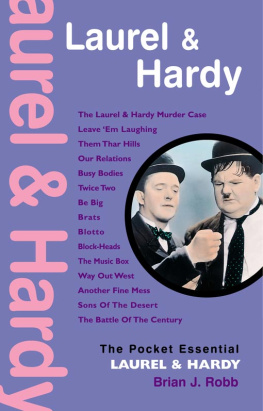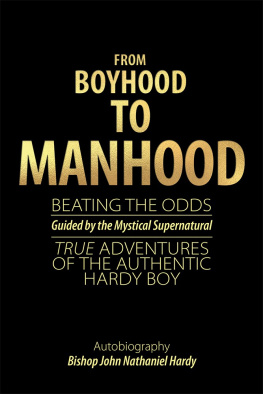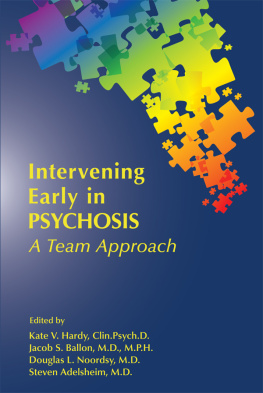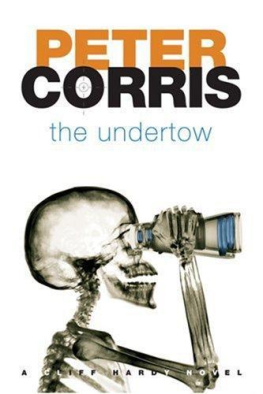Table of Contents
Guide

I WAS BORN at nine thirty in the evening during an air raid alert. It was on January 17, 1944, at the Marie-Louise Clinic at the top of Rue des Martyrs, had been born a few months earlier. My mother often told me that I cried every night during my first month of life, but she had never come to comfort me. She was proud of herself for never giving in to what she felt were my whims. She boasted that after a month I understood and stopped crying. Today I believe what I understood was this: the more you cry out, the more you are ignored. You must hold your tears back and never ask anything of anyone.
But how can I hold this against my mother? She was only twenty-three years old and thought she was doing the right thing. She probably also believed she was doing a good thing by surrendering to her desire to have a child, made even keener by a recent abortion. She was not even truly in love with my father, a married man, who enjoyed a much higher social status. She most likely believed that he would make a good father, or at least be able to ensure his childrens material comforts.
Their meeting was both banal and colorful. My mothers exceptional beauty attracted even more attention because she was five foot eight, which was not all that common in the forties. Captivated from the first moment he saw her in the street, my father decided to follow her. My mother quickly spotted him and thought it would be funny to force him to march double time from the Gare Saint Lazare to the Gare du Nord keeping up with her. After an hour, she could not help laughing at his perseverance and this broke the ice.
But how different they were from each other! First there was their age: twenty years separated them. Next was their social status: my father was from a large, middle-class family that had moved to Blois from their native Normandy, where my father managed an adding machine company. He and his brothersan admiral, a Jesuit priest, a doctor, and a printer-publisherhad all completed their education and taken music lessons. For her part, my mother was the youngest of three daughters whose parents were low-level bank employees who only read the newspapers and had a poor command of the French language. They lived on Rue de Tilleul in Aulnay-sous-Bois in a small bungalow made of burrstone surrounded by a garden. Here they raised their three girls, living hand-to-mouth. Their oldest daughter, the chubby Suzanne, married the first man who would have her, Louis, a milling machine operator. She followed him to Blanc-Mesnil, where they had nine children in quick succession and barely enough to feed them. Marie-Louise, who had a more delicate constitution, contracted tuberculosis during a time when it was hard to treat, and people treated its victims as if they had the plague. She came to Paris to pursue her desire to be a painter. It was here she joined the Communist Party. Despite the foul weather and even though she was spitting up blood, she would hand out copies of the party paper, LHumanit, every Sunday outside of churches. Her mothers narrow-minded Catholicism was likely no stranger to the radical nature of a political ideal, and she never questioned her daughters commitment. The youngest, my mother Madeline, left as soon as she got her diploma to find work in the capital, partially to escape the stifling family environment.
The biggest gap between my parents, though, concerned their feelings for each other. My father was madly in lovemaybe it was a mid-life crisiswhile my mother merely felt flattered that a man of his standing would be interested in her. I have to say that she never received much affection from her own mother who, lacking her beauty and physical appearance, was unable to recognize herself in her daughter and constantly made cutting remarks that were no joy to hear, like: Who does she think she is? or Wherever did she come from? This was all my mother needed to believe she had been born from a much more godlike creature than this mocking woman she barely resembled, and she constructed a persona for herself in which individualism, independence, and pride formed the dominant traits, masking a terrible emotional void. Shortly before she died in 1991, my mother confided to me that she did not fear death at all, as she had been wishing for it since she had been very young.
My grandmothers hostility also targeted the male sex with equal ferocity. To hear her talk, all men were bastards who only wanted to sleep with young women. This was quite ironic, as she had been expelled from the convent by a mother superior who did not glimpse the slightest trace of any religious vocation in her. Get married, my child, she recommended. Jeanne Millot married Alexandre Hardy, a sufficiently pure and honest man who never cheated on her. As the bashful lover of this voluptuous redhead who would prove to be egocentric, narrow-minded, frigid, and emasculating, my grandfather was continuously rebuffed, especially whenever he made an effort to show his clumsy affections. He eventually took refuge in total silence, caring for nothing anymore but his chicken coop and garden, while compensating for his amorous frustration by reading romance magazines like Intimit and Nous deux. In her defense, my grandmother lost her own mother at an early age and was then sent away to a boarding school by her overwhelmed father. He would remain the only person my grandmother ever truly cared for and she called him my own papa until the end of her life.
My grandfather only spoke to me once, in 1962, when I had been suddenly thrust into the spotlight. As I was about to leave, standing on the doorstep of the small house he had built with his own hands, he suddenly asked me, Are you happy, at least? I would never go back to Aulnay, and I find it hard to contain my emotions when I speak about it. What affection in those simple words! And how strange to hear them from the mouth of a man who had repressed his own feelings for so long that he seemed to have become indifferent to everything.
When my mother became pregnant again in the autumn of 1944 despite herself, my father categorically rejected the idea of another child, which was hardly encouraged by the difficulty of the times and the irregularity of their situation. After she weighed the pros and cons, she decided to keep it. Michle was born on July 23, 1945, and my mother, who was working part-time as a bookkeepers assistant and barely making ends meet, sent her off to my grandmothers while she was still a baby. Because of this, a bond was forged between the two of them for which I would pay the price. On second thought, we both paid the price.
My mother was never able to spend a single night with a man. Only one time before she died did she ever mention her frigidity, but she was never able to connect it to the way she was compelled to toughen herself to compensate for her emotional isolation. One night when my father was caught by surprise by the curfew that was in effect during the Occupation, he knocked on the door to the two-room apartment he had rented for her at 24 Rue DAumale, and she refused to let him stay. She justified this by her belief that the bond they shared had been made unbreakable by having children together. But after four years of treating the father of their two children quite poorly, she was dumbfounded to learn that he was cheating on her. What tricks did she use to discover her rival so that she could show her the photo of their two little girls? The woman was so outraged that she immediately broke off her relationship with my father. He was so incensed that he took a sudden and irreversible dislike for my mother. They only spoke to each other on the telephone after that, and with great formality.
Next page










